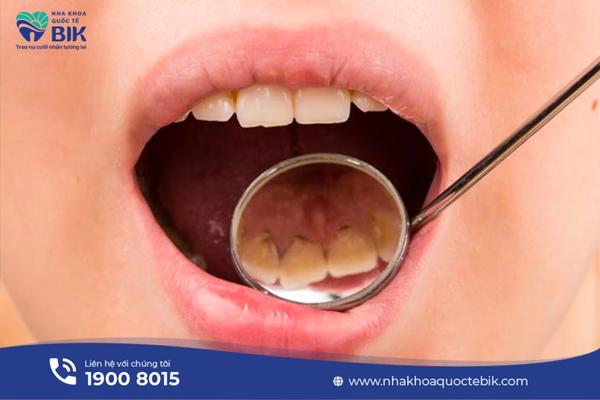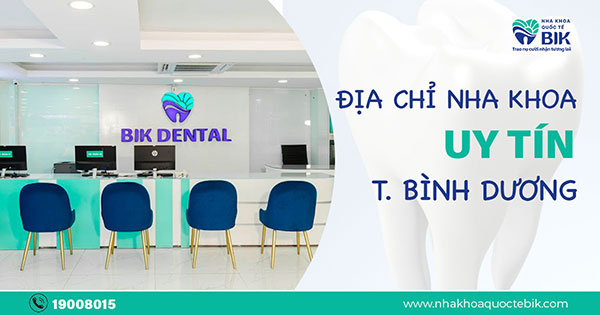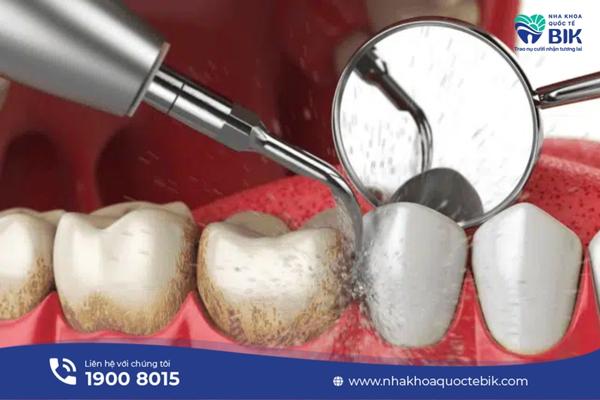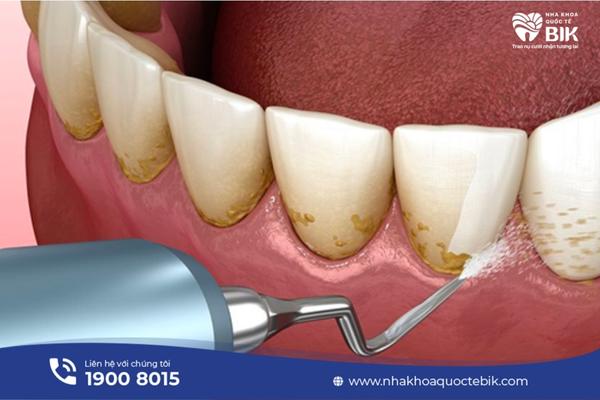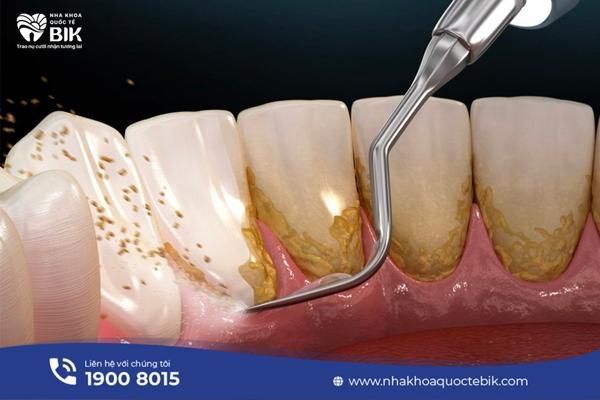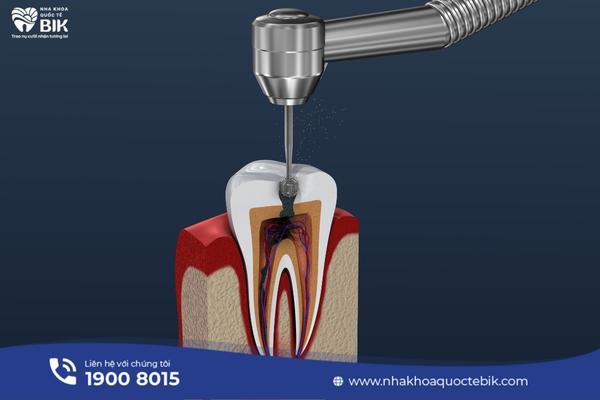When wearing braces, people are often most concerned about how it affects their eating habits and oral hygiene. However, many people such as singers, English learners, MCs,… wonder if braces affect pronunciation? The answer will be revealed in the following article…
Do braces affect pronunciation?
Voice is formed according to the following process: Air is emitted from the lungs, passing through the larynx, where there are two vocal cords called vocal cords. These two vocal cords vibrate and open at different rates to create sound. This sound continues to the mouth, through the hollow cavities in the chest area to create the pitch and tone of the sound. When it reaches the mouth, the movement of the mouth will adjust the sound to be emitted clearly and characteristically.
Each tooth plays an important role in moving the teeth into the correct position. This method helps improve the problem of sparse teeth, buck teeth, crooked teeth, buck teeth, and protruding teeth without having to intervene in the tooth structure, bringing high efficiency.
The process of braces can affect the structure of the oral cavity, causing difficulty in initial pronunciation. However, this difficulty is only temporary because the vocal cords and throat are not affected by braces. So, do braces affect pronunciation? The answer is yes.
Why do braces affect pronunciation?
Braces, also known as orthodontics, are a modern method to treat dental problems such as buck teeth, gaps between teeth, or crooked teeth safely and effectively.
Thanks to the application of orthodontic appliances, teeth will be moved to the correct position on the jaw. This helps ensure proper bite coordination, as well as good chewing function. As a result, teeth become more beautiful and harmonious.
In the early stages of wearing orthodontics, users may feel uncomfortable and uncomfortable with strange tools in the mouth. Therefore, when talking or pronouncing, they may feel hindered and unnatural. Sound may also be affected and not communicated properly.
When talking or pronouncing, parts such as teeth, lips, tongue, palate and larynx will coordinate their activities. The blocking of sound in the teeth can cause the voice to change. However, when the user adapts to orthodontics, this condition will gradually disappear.
Therefore, there is no need to worry too much about orthodontic treatment affecting pronunciation. When the teeth are placed in the correct position on the jaw, pronunciation will become more accurate. In some cases, pronunciation after braces is even better than before treatment.
Factors affecting pronunciation when wearing braces
The way your retainer affects your pronunciation will depend on the type of appliance. To be more specific:…
With removable tools
Removable braces will be easier if you want to pronounce correctly. Just remove them, the types of removable braces have different levels of difficulty:
Some types limit tongue movement, making it difficult for you to pronounce.
But there are also other types that only have a very small effect, you can adapt and practice pronouncing correctly with them.
Fixed orthodontic appliances
When you speak, not only do you need to make sounds from your vocal cords, but you also need to move your lips, cheeks, and tongue at the back of your mouth. Even each way of speaking requires different facial and mouth expressions.
When wearing fixed braces, you need to adjust the position of these components to avoid collision when pronouncing soft sounds, especially the braces. Initially, you may have difficulty, lisp, and pronounce incorrectly, but this condition will soon pass and will not affect your pronunciation later.
Sometimes, you may get scratches from the braces or archwire touching your lips, causing pain and difficulty in pronouncing. In this case, using dental wax to apply to the rubbing areas will help relieve pain and allow you to speak more comfortably.
How do braces affect pronunciation?
During the process of wearing braces, if you detect a change in pronunciation and feel pain, it may be due to problems with the orthodontic technique and tools. Do not hesitate, go to the dentist immediately for a doctor to check and adjust.
Braces should be done as early as possible, especially between the ages of 12 and 17.
Choose a reputable dentist so that the doctor can assess the mobility of the teeth and determine the appropriate direction of movement. This helps the pulling pressure to be adjusted so that the teeth move properly.
Do not rush to shorten the time of braces. This can cause discomfort and damage to the teeth.
The article answers the question of whether braces affect pronunciation. For peace of mind when treating braces, choose a reputable dental address to perform this procedure. Contact BIK International Dental Clinic today for a free consultation.


